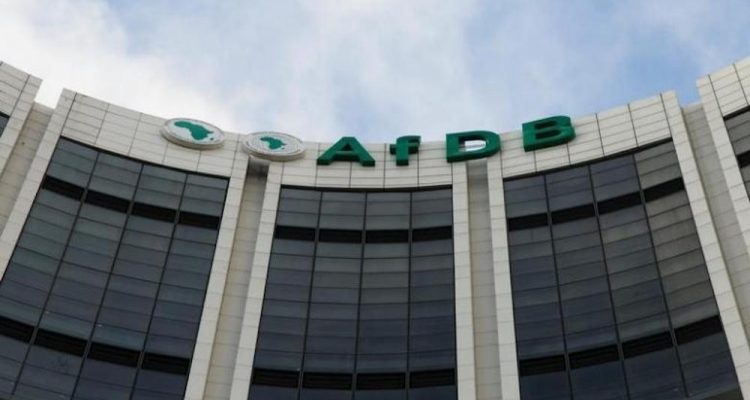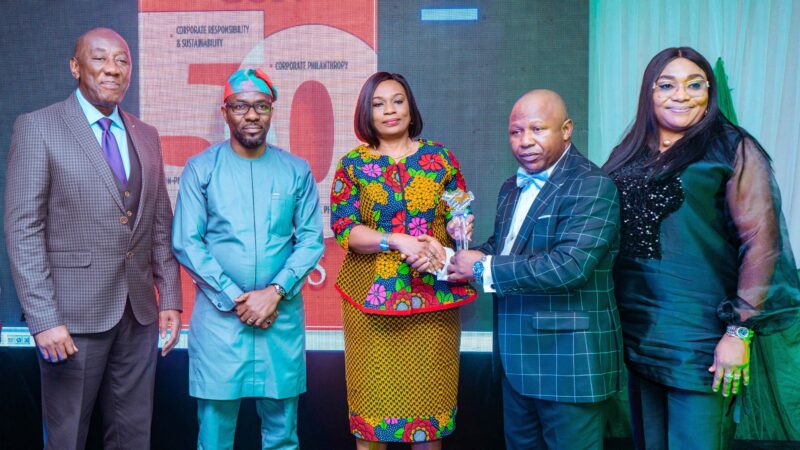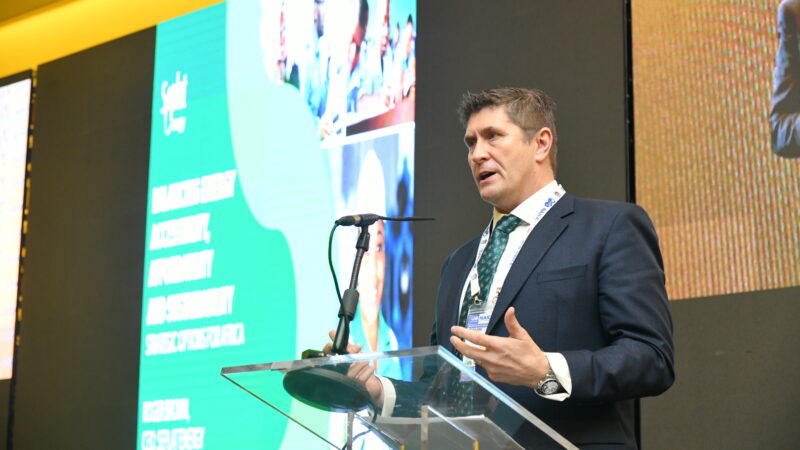AfDB Approves $20m Investment to Support SSA’s Renewable Energy Sector


AfDB approves a $20 million investment in sub-Saharan Africa’s power generation growth.
The funding will contribute to the production of an additional 178.5 megawatts of renewable power for commercial and residential use.
International Energy Agency (IEA) projects that renewable energy in Sub-Saharan Africa will make up almost half of the region’s power generation growth by 2040.
To alleviate financial constraints in the renewable energy sector, the Board of Directors of the African Development Bank (AfDB) has approved a $20 million investment funds into the sector across Sub-Saharan Africa.
In a statement issued on Tuesday the regional bank said the fund is in the Metier Sustainable Capital International Fund II used in channeling funds to renewable energy and resource-efficient infrastructure projects across Sub-Saharan Africa.
The Bank’s Acting Vice President for Power, Energy, Climate Change & Green Growth, Wale Shonibare, said, “Metier has extensive experience in developing and financing renewable energy projects with strong technical partners and co-developers in Southern Africa. We are pleased to join other investors in supporting their expansion into new African markets to help unlock the vast renewable potential of the continent.”
According to the statement, the funding will contribute to the production of an additional 178.5 megawatts of renewable power for commercial and residential use.
“It will also create opportunities for industrial wastewater treatment and waste-to-energy generation.”
The fund will meet AfDB’s strict environment and safeguard standards to ensure potential risks are adequately mitigated.
Renewable energy to make up almost half of sub-Saharan Africa’s power generation growth
According to a report by the International Energy Agency, investments in Sub-Saharan Africa’s renewable energy will make up almost half of the region’s power generation growth by 2040.
With $450 billion investment, more cooperation in the region on energy projects, as well as better resource and energy-based revenue management, Sub-Saharan Africa’s economy could be boosted by an additional 30 per cent.







